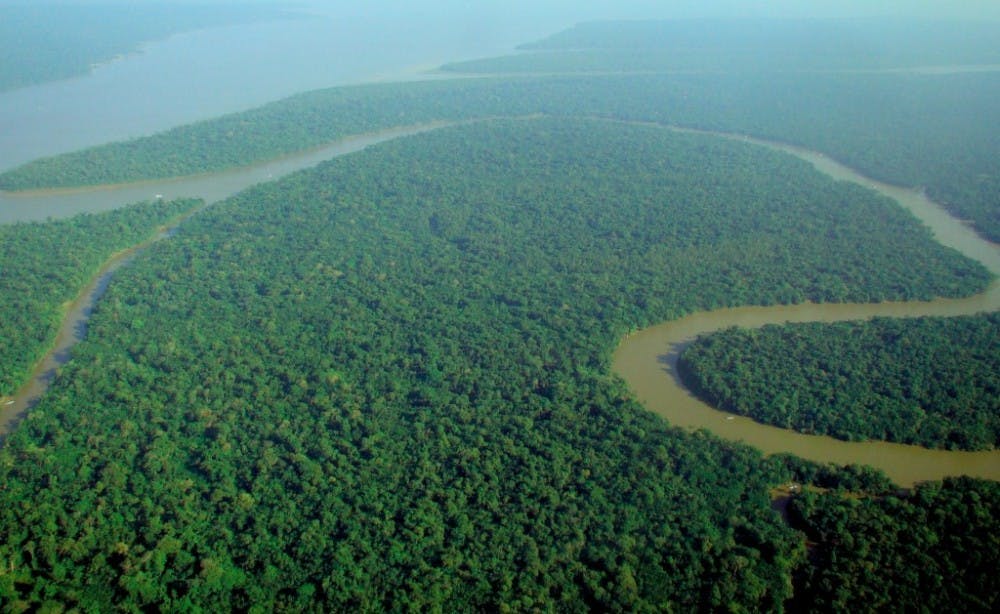A new study from the University of Vermont has found that agricultural expansion in Brazil’s Cerrado, a tropical region, is rapidly depleting the rainforests and savannas of the area.
“This is the first study to show how intense the deforestation and agricultural expansion in the Cerrado has been in the past decade,” Gillian Galford, co-author of the study published in Global Change Biology, said in a press release.
Basing their research on archival satellite data from the past decade, researchers from the University of Vermont, Brown University and Woods Hole Research Center studied land use changes in the Cerrado region. They found that agricultural expansion has grown enormously, from 1.3 million hectares in 2003 to 2.5 million in 2013. However, over 75 percent of the agricultural expansion has hurt the natural vegetation of Cerrado.
According to the study, agricultural lands recycle 60 percent less water than native vegetation during the dry season. Because the Brazilian government has promoted agricultural growth so fervently, the country seems to be heading towards reduced rainfall or the delay of critical rainy periods.
“Timing of rains is a big deal,” Jack Mustard, a co-author of the study from Brown University, said in a press release. “This is nearly all rain-fed agriculture in this region. If you start delaying the onset of rainfall, that has implications for what you can grow.”
This phenomenon is not only confined to the Cerrado region, but it also affects the larger Amazon region because of the winds that carry Cerrado air masses westward. The moisture in these winds contributes to rainfall in the Amazon, where half the rainfall is recycled. A decrease in moisture, caused by winds from Cerrado, could have major negative impacts in Brazil’s largest region.
The study has found a potential solution to the problem, however.
The researchers have shown that double cropping — the planting of two crops in the same field in a single growing season — has evapotranspiration behavior like that of the native vegetation.
In the decade examined by the researchers, double cropping increased from two to 26 percent. Had this not occurred, water recycling would have been a devastating 25 percent worse. Indeed, according to the researchers, policies that encourage doubling cropping in Cerrado could help mitigate the effects of agricultural expansion in Brazil’s second largest region.





